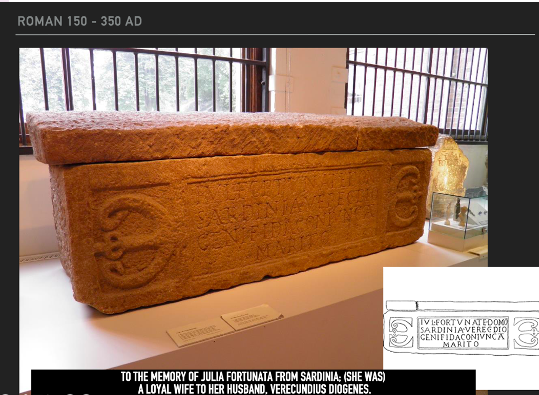York Central Heritage Forum Launch + the Pre-Railway History of York Central
Before the railways were the romans and before the romans…
On Saturday 25th March 2023 we launched the York Central Heritage Forum. As new archaeological insights arise from the York Central development, York Central Heritage Forum will explore the area’s histories, pooling local knowledge and research, sharing archives, photos and memories and organising walks and visits.
We were delighted to be joined by Andrew Morrison, Chief Executive, York Civic Trust and member of the York Central Design Review Panel and lead for Placemaking for York's Culture Executive and Forum.
Andrew took us through the long history of the area. Or, as he put it, ‘some history from the last 6000 years (or possibly 18000 years)’.
Here’s a very brief summary to whet your appetite for future York Central Heritage Forum events…
Ice Age
What becomes York is covered by ice. As the glacier retreats, it leaves behind debris that creates a ridge of higher ground, including Severus Hill.
Neolithic – 4000 BC / 6400 years ago
A ‘York Hoard’ of 70 neolithic flint tools and weapons were found in 1868. The higher ground – marked in green below – appears to have been used for living and trading. The ‘York Hoard’ is kept at The Yorkshire Museum.
The green areas show the higher ground. Evidence suggests parts of the area might have been important during in the neolithic period.
Roman York – 150 AC
The area where the Railway Station is now – and likely a wider area running either side of what is now Leeman Road – was a Roman cemetery. It was a grand affair with colourfully painted sarcophaguses. The potential area of the cemeteries runs much further towards the Leeman Road area than just the Railway Station – so back garden finds are possible!
A Sarcophagus found near the Railway Station on display at the Yorkshire Museum.
After Septimus Severus – Roman emperor from 193-211 – died, his body was burned on a pyre on Severus Hill. For that occasion, the whole of the Roman empire was looking toward (what we now call) Acomb.
Mediaeval Bishopfields
The area gathers a new name (c1374-75) – Bishopfields (possibly, some suggested at the event, a better name than ‘York Central’). Bishopfields was part of the parish of St. Mary Bishophill Junior and owned by Archbishop. In the medieval period the area was arable land. The question of who had rights to farm it was contested through a legal case taken by the city against the Archbishop between 1533 and 1535 against. This was unsuccessful.
The Civic War and the York Seige
During the 1644 Siege of York parliamentary artillery batteries were placed at Bishop’s Field to bombard York's defences.
The blue stars indicate the placement of artillery batteries.
A Cricket Pitch
Before the railways transformed Bishopfields, it was home to a cricket pitch.
Pre-railway maps show fields and a cricket pitch
York Central Heritage Statements – and what’s next for the York Central Heritage Forum?
There were official heritage statements developed for the York Central planning application.
These included:
York Archaeology Trust Assessment Report
The reports cover the biggest and most obvious issues but there is a lot that needs to be done to enrich the York Central Heritage Statements.
Andrew ended by saying that heritage isn’t only what is officially designated as heritage – it isn’t only listed buildings and archaeological finds held in museums. Heritage also isn’t only about knowledge held by experts. Heritage is about all of our local knowledge and memories – it’s about what matters to us about where we live
The summary of Andrew’s talk given here – and even the official York Central heritage statements – are just pointers to the wealth of history and heritage in the area. Let’s use the York Central Heritage Forum to share what we know and shape the way York Central develops.





